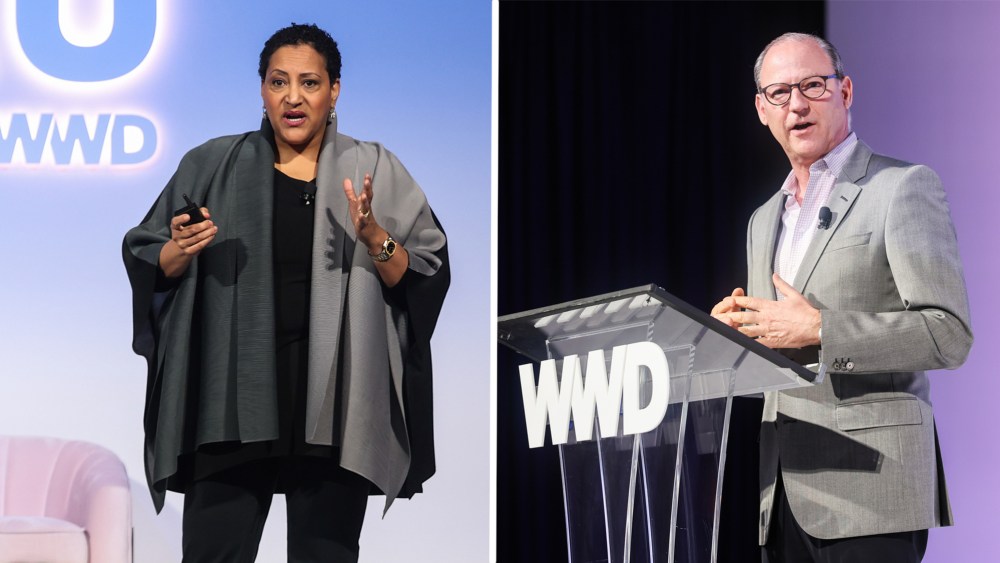At the recent Beauty CEO Summit hosted by WWD, the conversation about artificial intelligence (AI) transcended mere buzzwords, indicating a profound shift across the beauty industry. David Greenberg, CEO of L’Oréal North America, set the stage by emphasizing the transformative power of AI. He shared experiences showing how refined prompts can yield richer responses, underscoring the notion that AI should not be leveraged for its own sake, but rather, should be integrated meaningfully to provide real value for brands. Greenberg articulated a pivotal challenge for industry leaders: leveraging AI to genuinely enhance business practices, simplify team operations, or unearth new avenues for growth.
Following Greenberg’s introduction, Tsedal Neeley, a professor at Harvard Business School, captivated the audience with her insights into the evolving role of technology across diverse industries. She punctuated the discussion with a focus on three critical pillars when adopting AI: scale, speed, and scope. Neeley explained how AI enables brands to reach vast audiences, facilitates quicker decision-making through predictive analytics, and opens doors for innovative products and services. This triad serves as a blueprint for navigating the complexities of integrating AI in business.
To illustrate her points, Neeley cited real-world applications of AI, starting with Moderna’s rapid vaccine development. She also spotlighted fast-fashion retailer Shein, known for its adept use of AI to identify and confirm consumer trends. Shein employs a unique model that begins with a small initial product offering and relies on data-driven insights to scale rapidly. By analyzing consumer signals, Shein can pivot from an initial 100 products to expanding to 100,000 in a week, showcasing how data mastery informs swift and strategic decisions in product launches.
The beauty industry stands at a crossroads where AI can be harnessed for a multitude of applications—from forecasting trends to optimizing processes. Neeley emphasized that brands ignoring the AI revolution risk falling behind. Those still lagging must scramble to catch up, especially since advancements in AI technologies occur at an unprecedented pace. For brands to remain competitive, the integration of AI is no longer optional; it has become a business imperative that can define market relevance.
As she wrapped up her keynote, Neeley offered a vital piece of advice for effective AI implementation: the need for fundamental organizational change. Many companies make the critical mistake of layering AI technology onto outdated processes without reconsidering their operational frameworks. Successful integration of AI requires a holistic approach—whereas new technologies must be adopted in conjunction with evolving business methodologies.
Ultimately, the session highlighted that the future of the beauty industry relies on a strategic embrace of AI. As leaders like Greenberg and Neeley advocate for thoughtful and systematic adoption of AI, the message is clear: to thrive in this rapidly transforming landscape, brands must be willing to innovate not just their products, but their entire operational approach. Embracing AI thoughtfully can set the stage for unprecedented growth, making it essential for companies to invest in both technology and adaptive processes.

